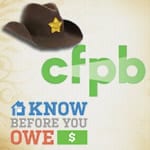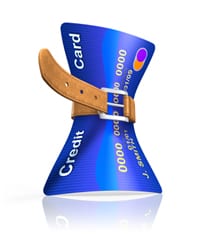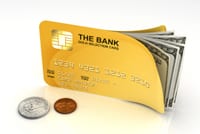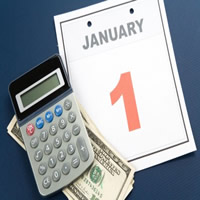You’ve heard me say how important it is that you check your credit report. You’ve also heard me say that you can check your credit report for free – 3 times per year. That’s because each of the three major credit reporting agencies must give you access to their version of your report.
But, how many of you remember to order your credit report even once, let alone 3 times?
I promise to help you remember. As my blog subscriber, you will receive three reminders this year: one in January, one in May and one in September. Each reminder will tell you exactly how to order your report and which agency to choose. Easy!
Do you want to share this gift with your friends? Simply share this post and allow them to sign up for free credit report reminders, too! There are many ways to subscribe:
![]()



 Secured versus pre-paid credit – do you know what you’re getting? When I am giving a talk, I can see that many people don’t know the difference between them. Let me tell you the facts:
Secured versus pre-paid credit – do you know what you’re getting? When I am giving a talk, I can see that many people don’t know the difference between them. Let me tell you the facts: Question: Which financial institution created a credit card based on an urban legend?
Question: Which financial institution created a credit card based on an urban legend?


